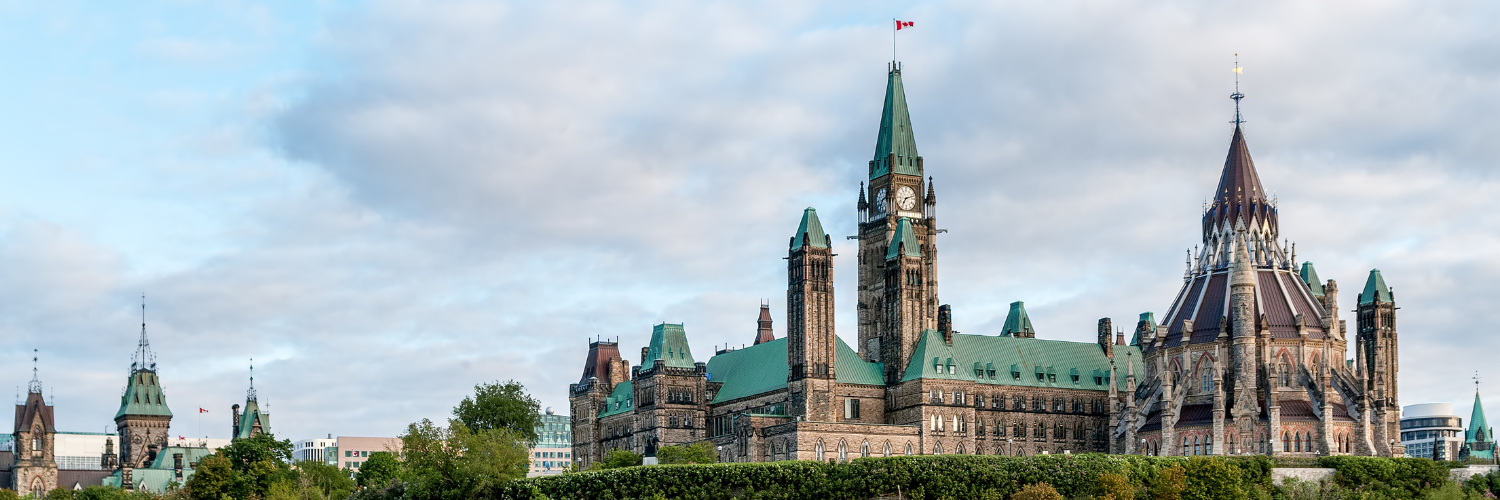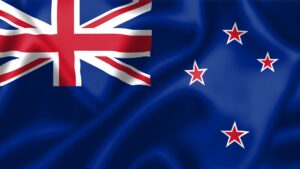- +91 7689970551
- info@theeduglobal.com
Canada: Discover a world of possibilities with top education




Why Study in The Canada ?
Canada is renowned for its high standard of education, offering globally recognized degrees and diplomas. It is home to many prestigious universities, providing a welcoming and inclusive environment for international students.
The country is known for its strong emphasis on research and innovation, particularly in fields such as engineering, technology, and medicine. Studying in Canada gives students access to world-class faculty and cutting-edge facilities, preparing them for successful global careers.
Canada also offers a high quality of life, with safe cities and affordable living costs compared to other top destinations. With the opportunity to work while studying, international students can gain valuable work experience, further enhancing their career prospects

Benefits of Studying in Canada
With a wealth of prestigious degrees available in Canada, it’s clear why it stands out as a top destination for your education. Earning a Canadian degree offers more than just exceptional academic credentials; it also provides opportunities for valuable work placements as part of your studies. These internships, co-op programs, and volunteer roles are designed to help you develop new skills, expand your network, and apply your knowledge in real-world professional settings. Canadian universities have strong ties with industries across various sectors—whether in technology, healthcare, finance, or the arts—ensuring you find the perfect fit for your career aspirations.
This is why Canadian graduates are among the most sought-after globally, often excelling in their careers with higher earning potential and rapid advancement compared to their peers. A degree from Canada truly sets you apart in today’s competitive job market.
Popular Courses and Career Options In Canada
Explore top courses and career opportunities in the Canada, offering diverse fields like business, engineering, healthcare, and creative arts to shape a successful future.
Business Management
Design and Architecture
Literature and Humanities
Computer Science and IT
Para-Medical Science
Environmental Science
Law and Legal Studies
Engineering and Tech
Biological and Life Sciences
Intakes
Fall:
The most popular intake, attracting the majority of international students.
Winter:
Starts in January and ends in April or May, suited for students who missed Fall.
Summer:
Runs from May to August, with admissions open from October to December.
Admission Requirements
Copy of a Valid Passport
Academic Transcripts
Reference and Letters of Recommendation
English proficiency scores (TOEFL/IELTS/PTE)
CV and/or Resume
Essay / Statement of Purpose (SOP)
Scholarships
Vanier Canada Graduate Scholarships
Ontario Graduate Scholarship
IDRC Research Awards
Bank of Canada scholarships
Banting Postdoctoral Fellowships
Cost Of Studying In The Canada
The cost of studying in the Canada for international students varies based on factors such as the university, chosen program, location, and available funding. Living expenses, including rent, utilities, and leisure activities, also contribute to the total cost.
Tuition Fees (Average per annum)
Foundation Program :CAD 8,000 – 20,000
Bachelor’s : CAD 15,000 – 35,000
Master’s : CAD 13,000 – 40,000
Living Expenses (Average per month)
Large cities : CAD 1,200 – 2,000
Smaller cities : CAD 800 – 1,500
Most Asked Question Of Study in Canada
You will need a Study Permit to study in Canada.
Yes, international students can work part-time during studies and full-time during scheduled breaks.
An overall IELTS score of 6.5 is generally required, with no band less than 6.0.
Scholarships can be applied for directly through universities or external scholarship programs like Vanier and the Canada Graduate Scholarships
Yes, you can apply for a Post-Graduation Work Permit (PGWP) which allows you to work in Canada after completing your studies.
ernational student in the United Kingdom, you are permitted to work up to 20 hours per week during term time and full-time during vacation periods.
The main intakes are in Fall (September) and Winter (January), with a Summer intake in May for some courses.
Graduates can apply for the Post-Graduation Work Permit (PGWP) to gain valuable work experience in Canada.

The Future You've Been Waiting For



















